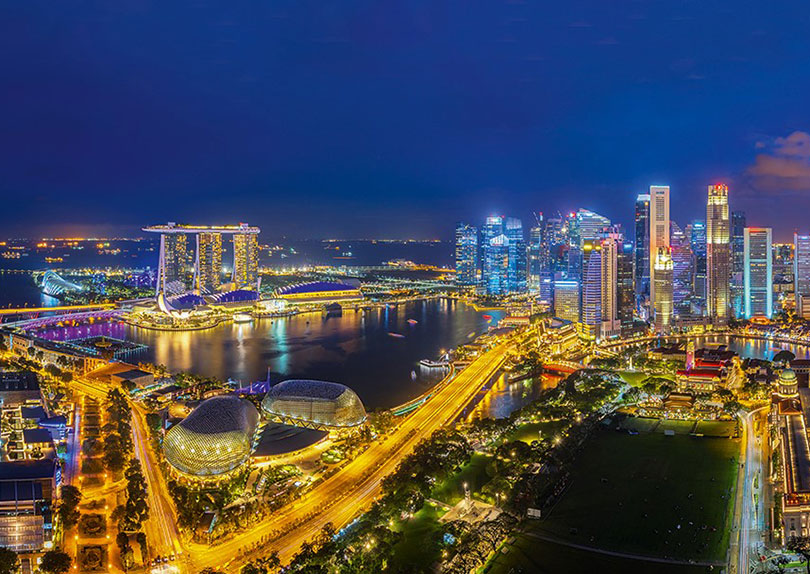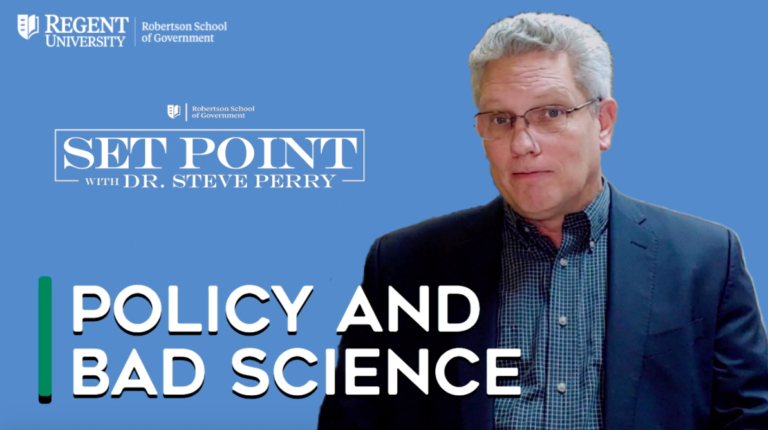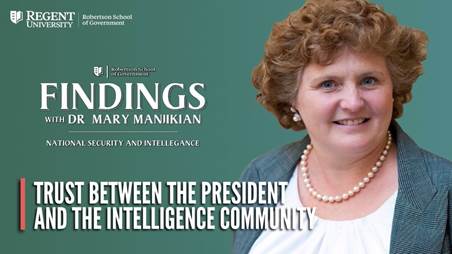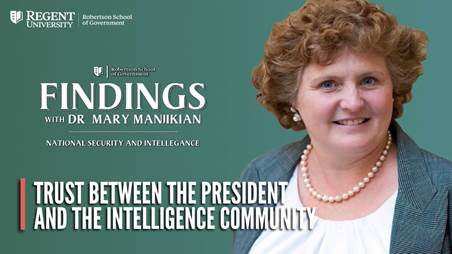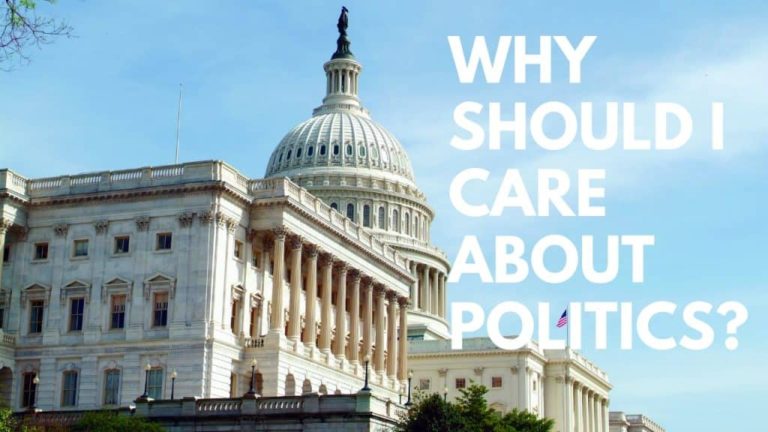Does Singapore’s Economic Freedom Make it a Flourishing Country?
Singapore set a new precedent for national development when it transitioned from a third to first world country in just one generation. In 1965, Singapore was forced to declare independence after its ties to Malaysia were suddenly and unceremoniously cut. When it became the Republic of Singapore, the country faced a lack of self-sufficiency, significant poverty, and a poor endowment of natural resources. The country’s Prime Minister at the time, Lee Kuan Yew, chose to turn the country toward export-led development. Today, Singapore is ranked first in the Heritage Foundation 2020 Index of Economic Freedom and identified as the country with the freest economy in the world. In their process of evaluating economic freedom, the Heritage Foundation considers a nation’s rule of law, government size, regulatory efficiency, and openness of markets. Singapore is a good, but not perfect, example of a flourishing country; while the country’s promotion of economic freedom has led to rapid development, citizens lack many basic political freedoms and civil liberties.
History makes a compelling case that human flourishing happens best in the free market. The Economist Magazine defines capitalism as “a free-market system built on private ownership, in particular, the idea that owners of capital have property rights that entitle them to earn a profit as a reward for putting their capital at risk in some economic activity.”1 The beauty of this system is that it does not compel citizens to work. Rather, as Adam Smith said, every man “shall enjoy the fruits of his own labor”; this freedom is “alone sufficient to make any country flourish.”2 The free market system can quickly and almost comprehensively alleviate poverty when it is adopted, as evidenced by its success in countries like South Korea, Chile, and Singapore.3 The countries with the best rule of law, limited government, regulatory efficiency, and open markets also have the highest per-capita incomes.4 As will be seen in the Singaporean example, this economic prosperity alleviates poverty, promotes social progress, and leads to human flourishing. When Singapore began to participate in the free-market system, it soon became an example of good development.
Singapore has an effective rule of law, which lays the foundation for a free market. “The very idea of a free-market system carries with it the need for some laws to prevent crime. If people are going to make voluntary, well-informed economic choices, then there must be laws against stealing and cheating others.”5 Further, they must also have laws that promote good business practices. In Singapore, property rights are recognized and forcefully guarded. The government carefully implements anticorruption laws within business and government.6 Effective rule of law in Singapore can be recognized in the country’s defense of property rights and government integrity.
Singapore found leadership that would guide its economic growth in a small, efficient, and honest government. The government in Singapore is relatively small and meritocratic, meaning most employees are hired based on skill instead of connection.7 When government employees are more qualified, it stands to reason that if they behave with integrity and are diligent in the performance of their tasks, they function more productively and thus improve the quality of public services. The government imposes a low tax burden on the people, with the maximum individual income tax rate set at 22 percent.8 Government spending is relatively low with yearly budget surpluses of approximately 4.7 percent of GDP.9 Singapore also created its independent Corrupt Practices Investigation Bureau, which effectively reduced corruption within government agencies. Singapore’s government is currently recognized as one of the least corrupt in the world.
Singapore’s regulatory efficiency makes it one of the most business-friendly countries. Citizens boast that someone can start a business in Singapore in just one day, by following a few simple steps.10 “Low taxes, few capital restrictions and liberal immigration policies have made it (Singapore) one of the most cosmopolitan places on Earth.”11 The country has no minimum wage because officials believe its institution could diminish economic competitiveness. The country has been described as a “tax haven” for its low tax rates, many tax breaks, lack of capital gains tax, and incentives for investment.12 The country’s business, monetary, and labor freedom allow for the free flow of goods and capital.
Singapore’s markets are wide open, with high trade, investment, and fiscal freedom. In the early years of development, manufacturing was Singapore’s “engine of growth.” The country grew its manufacturing exports GDP from 13.6% of GDP in 1967 to 47.1% by 1979.13 With this shift, Singapore stepped into globalization. Furthermore, at the same time, Singapore attracted high foreign investment and invited multinational companies to participate in its economy.14 The country encouraged free trade by applying low tariffs and few nontariff barriers; the average applied tariff rate is 0.1%, and only 182 nontariff measures are in place.15
After delivering a glowing report on Singapore’s economic freedom, the Heritage Foundation cite the fact that ongoing restrictions on civil liberties give cause for concern. Economic freedom has made Singapore one of the world’s most prosperous nations. The country’s GDP (PPP) reached $565.8 billion, with $100,345 per capita, and less than a four percent unemployment rate.16 This prosperity has promoted social progress in the country, including heightened quality of life, life expectancy, improved education, employment, and housing.17 The country is certainly a better example of a flourishing city-state today than it was in 1965. However, “ongoing restrictions on civil liberties… remain a concern.”18 Ironically, though Singapore boasts the freest economy in the world, citizens lack significant civil liberties and political freedoms.
According to the Human Rights Watch, Singaporeans are denied the freedoms of peaceful assembly, expression, and criminal justice.19 According to the Public Order Act, citizens must obtain a permit for any cause related gathering, held in a public area or on private property. Even if a person does follow protocol, permit applications are regularly denied, especially when they involve protest. Citizens can be charged with sedition if they speak out against the state. Additional censorship is set by the Board of Film Censors, the agency responsible for reviewing all films and videos shown in Singapore. Singapore’s Criminal Law Act allows indefinite detention of suspected criminal offenders, without trial, so long as the home affairs minister is satisfied that the person is a criminal. Regular application of the death penalty and corporal punishment also take place within the city-state. While the Heritage Foundation praised Singapore’s judiciary for its defense of property rights and encouragement of economic freedom, the legal system is deeply flawed in other areas. Like the restricted civil liberties, political freedoms within Singapore are also limited.
The Economist’s Democracy Index lists Singapore as a “flawed democracy.”20 As of 2019, the country is ranked 66th in the world for democratic freedoms. When Singapore first became independent in 1965, Prime Minister Lee Kuan Yew’s Peoples’ Action Party (PAP) was in power. More than five decades later, the same party is in power. The PAP took significant steps to guide the country’s economic growth. While the autocracy has consistently advanced free market economic policy, the people do not have political power to correct any future drift toward communism or protectionism. While liberalism and pluralism exist within Singapore’s economy, these characteristics are undercut by extensive government intervention. Commenting on the subject, the late Prime Minister Lee Kuan Yew admitted that his government “…intervened on very personal matters – who your neighbor is, how you live, the noise you make, how you spit, or what language you use. We decide what is right. Never mind what the people think.”21
The underlying question remains, is Singapore a good example of a flourishing state? Economist Milton Friedman said, “If you compare the conditions of people in a place like Singapore with the conditions of people in a place like red China or for that matter Indonesia, you will see that the economic freedom is a very important component of total freedom.”22 While Singapore has achieved economic freedom, the country has not reached total freedom. Surely, the country’s economic freedom is admirable, and its growth is staggering. Yet, Singapore must address its citizen’s lack of civil liberties and political freedom if it is going to be an increasingly flourishing state. Singapore is a good, but not perfect, example of a flourishing country because even though the nation’s economy has rapidly developed, citizens lack many basic political freedoms and civil liberties.
1 “Economics A – Z Terms,” The Economist, accessed May 8, 2020.
2 Adam Smith, An Inquiry into the Nature and Causes of the Wealth of Nations, ed. Edwin Cannon (1776; repr., New York: Modern Library, 1994), 581.
3 Alan Dowd, “Why Human Flourishing Happens Best in a Free Market,” Institute for Faith, Work, and Economics, accessed February 27, 2020.
4 Wayne Grudem and Barry Asmus, The Poverty of Nations: A Sustainable Solution (Wheaton: Crossway, 2013), 134-136.
5 Ibid. 152.
6 “Singapore,” 2020 Index of Economic Freedom, The Heritage Foundation, accessed May 6, 2020.
7 Kevin You, “The Roles of Political Inclusion and Democracy in Economic Development: Insights from Singapore and Botswana,” The Journal of Developing Areas 50, no. 5 (November 2015), 330.
8 “Singapore,” 2020 Index of Economic Freedom, The Heritage Foundation.
9 Ibid.
10 “3 Steps to Set Up a New Business in Singapore: Business Blog,” Singapore Company Incorporation (Singapore Company Registration Services, April 13, 2020).
11 Jim Zarroli, “How Singapore Became One of The Richest Places on Earth,” NPR (National Public Radio, March 29, 2015).
12 Carol M. Kopp, “What Makes Singapore a Tax Haven?” Investopedia, December 1, 2019.
13 W. G. Huff, “The Development State, Government, and Singapore’s Economic Development Since 1960,” World Development 23, no. 8 (1995), 1423.
14 Ibid. 1425.
15 “Singapore,” 2020 Index of Economic Freedom, The Heritage Foundation.
16 Ibid.
17 Jim Zarroli, “How Singapore Became One of The Richest Places on Earth.”
18 “Singapore,” 2020 Index of Economic Freedom, The Heritage Foundation.
19 Kenneth Roth, “World Report 2019: Rights Trends in Singapore,” Human Rights Watch, January 17, 2019.
20 Gemma Iso, “Singapore Is up from 69th to 66th in the Democracy Index Rankings but Still a ‘Flawed Democracy,’” The Independent News, January 9, 2019.
21 Yew’s statement at a National Day Rally in 1986, cited in Kevin You, “The Roles of Political Inclusion and Democracy in Economic Development: Insights from Singapore and Botswana.”
22 Milton Friedman’s statements in PBS TV series Free to Choose, cited in Jim Zarroli, “How Singapore Became One of The Richest Places on Earth,” NPR (National Public Radio, March 29, 2015).
Bibliography
Smith, Adam. An Inquiry into the Nature and Causes of the Wealth of Nations, edited by Edwin Cannon, 1776. Reprinted New York: Modern Library, 1994.
Dowd, Alan. “Why Human Flourishing Happens Best in a Free Market.” Institute for Faith, Work & Economics, February 6, 2018. https://tifwe.org/human-flourishing-free-market/.
“Economics A – Z Terms.” The Economist. Accessed May 8, 2020. https://www.economist.com/economics-a-to-z/c#node-21529534.
Grudem, Wayne, and Asmus, Barry. The Poverty of Nations: A Sustainable Solution. Wheaton: Crossway, 2013.
Huff, W. G. “The Development State, Government, and Singapore’s Economic Development Since 1960.” World Development 23, no. 8 (1995): 1421–28.
Iso, Gemma. “Singapore Is up from 69th to 66th in the Democracy Index Rankings but Still a ‘Flawed Democracy.’” The Independent News, January 9, 2019. http://theindependent.sg/singapore-is-up-from-69th-to-66th-in-the-democracy-index-rankings-but-still-a-flawed-democracy/.
Kopp, Carol M. “What Makes Singapore a Tax Haven?” Investopedia, December 1, 2019. https://www.investopedia.com/ask/answers/060716/why-singapore-considered-tax-haven.asp.
Roth, Kenneth. “World Report 2019: Rights Trends in Singapore.” Human Rights Watch, January 17, 2019. https://www.hrw.org/world-report/2019/country-chapters/singapore.
“Singapore.” 2020 Index of Economic Freedom. The Heritage Foundation. Accessed May 6, 2020. https://www.heritage.org/index/country/singapore.
You, Kevin. “The Roles of Political Inclusion and Democracy in Economic Development: Insights from Singapore and Botswana.” The Journal of Developing Areas 50, no. 5 (2016): 327-34, http://eres.regent.edu:2048/login?url=https://search-proquest-com.ezproxy.regent.edu/docview/1792535011?accountid=13479.
Zarroli, Jim. “How Singapore Became One Of The Richest Places On Earth.” National Public Radio, March 29, 2015. https://www.npr.org/2015/03/29/395811510/how-singapore-became-one-of-the-richest-places-on-earth.
“3 Steps to Set Up a New Business in Singapore: Business Blog.” Singapore Company Incorporation. Singapore Company Registration Services, April 13, 2020. https://www.singaporecompanyincorporation.sg/blog/3-steps-to-set-up-a-new-business-in-singapore/.
The views and opinions expressed in this post are those of the authors and do not necessarily reflect the official policy or position of Regent University.

